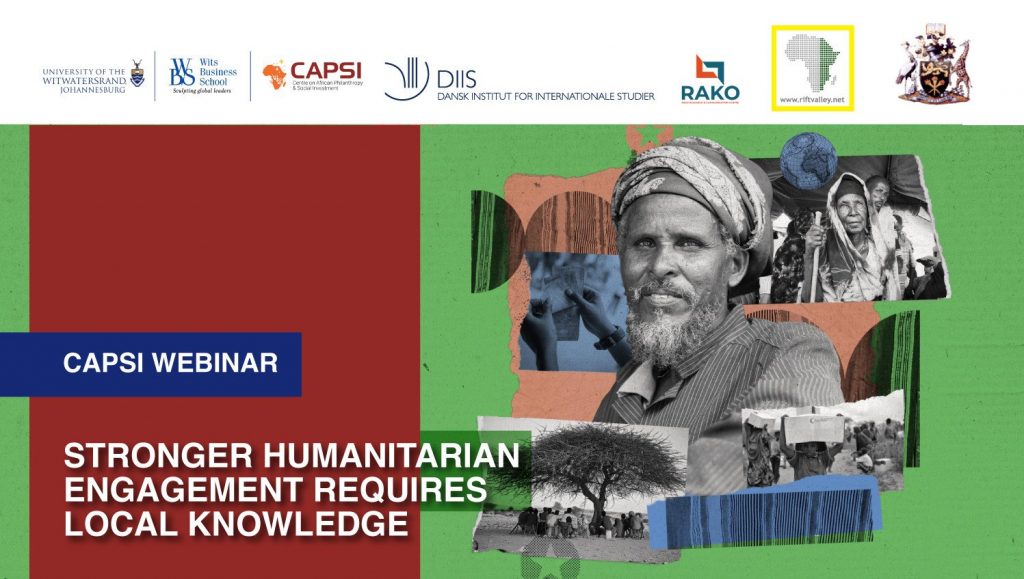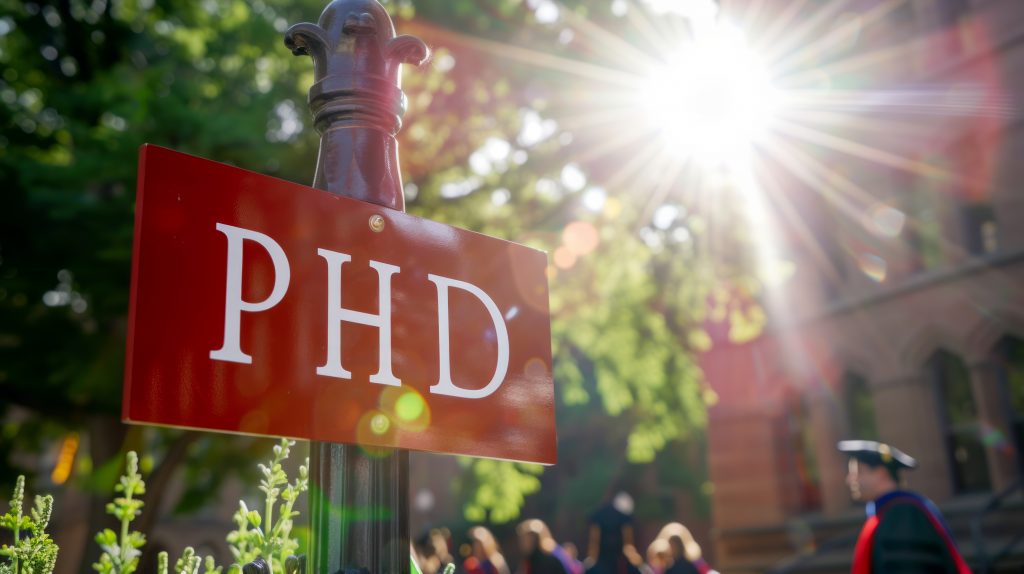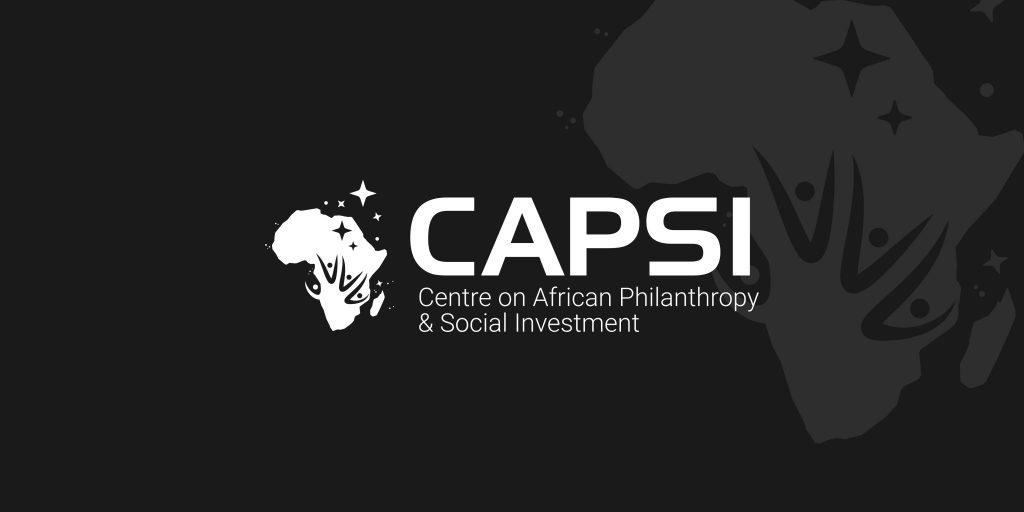
Stronger Humanitarian Engagement Requires Local Knowledge
We are pleased to announce an upcoming webinar that will delve into the critical role of local knowledge in enhancing humanitarian engagement. This session is informed by a recent policy brief authored by Mohamed Aden Hassan and Nauja Kleist.
Webinar Details:
Title: Stronger Humanitarian Engagement Requires Local Knowledge
Date: 23 January 2025
Time: 14:00 SAT
Platform: Zoom
Registration Link: Register here
This webinar delves into the importance of localisation in international humanitarianism, emphasising the value of local partnerships. Diaspora humanitarianism, with its deep connectivity and understanding of local contexts, plays a pivotal role in such efforts.
Hassan and Kleist highlight how collaboration between local actors and the international humanitarian system can enhance efficiency and impact, though it often involves navigating dilemmas and compromises. Their key recommendations include:
Adoption of Context-Specific Approaches
Aligning aid strategies with local customs, leveraging community knowledge, and fostering strong local partnerships can make humanitarian interventions more sustainable and efficient.The Humanitarian Principle of ‘Do No Harm’
A solid understanding of local dynamics, especially in resource-scarce and (post)conflict contexts, is essential to avoid creating or aggravating harm.Development of Hybrid Accountability Frameworks
Establishing frameworks that bridge the formal aid system and the diaspora through dialogue and mutual dedication can enhance accountability. However, achieving this requires compromises from both sides.
For more information about the speakers, click here.
Don’t miss this opportunity to explore innovative approaches to creating more sustainable and impactful humanitarian interventions. Join us for an engaging conversation. Click the button below to secure your spot today!





